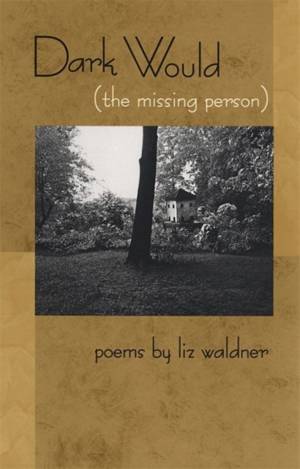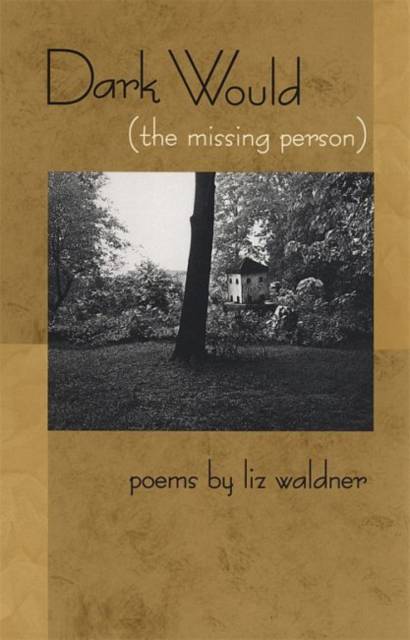
- Afhalen na 1 uur in een winkel met voorraad
- Gratis thuislevering in België vanaf € 30
- Ruim aanbod met 7 miljoen producten
- Afhalen na 1 uur in een winkel met voorraad
- Gratis thuislevering in België vanaf € 30
- Ruim aanbod met 7 miljoen producten
Zoeken
€ 33,45
+ 66 punten
Omschrijving
A philosophical, tough, and often funny inquiry into twenty-first-century selfhood, Liz Waldner's new collection of poems takes shape in the shadow of Dante's "dark wood." Dark Would (the missing person) is quirky. It's audaciously American, out of the Dickinson house. Waldner uses short, quick syntactical units that swerve rather than build up an architecture of ideas through sequential juxtaposition. She also has, like Dickinson, a canny, carnal, specifying diction. Her poems are sonorous, sly, and sexy. They are political in their address of gender through reference to pop songs, poems, and analyses of personal experiences. The resulting wry permutations of will and desire alternately leaf and hew an American "dark wood." The pages and paths turn to and through the kinds of lostness and foundness to which rootlessness gives rise.
Specificaties
Betrokkenen
- Auteur(s):
- Uitgeverij:
Inhoud
- Aantal bladzijden:
- 112
- Taal:
- Engels
- Reeks:
Eigenschappen
- Productcode (EAN):
- 9780820323916
- Verschijningsdatum:
- 3/06/2002
- Uitvoering:
- Paperback
- Formaat:
- Trade paperback (VS)
- Afmetingen:
- 143 mm x 218 mm
- Gewicht:
- 163 g

Alleen bij Standaard Boekhandel
+ 66 punten op je klantenkaart van Standaard Boekhandel
Beoordelingen
We publiceren alleen reviews die voldoen aan de voorwaarden voor reviews. Bekijk onze voorwaarden voor reviews.







